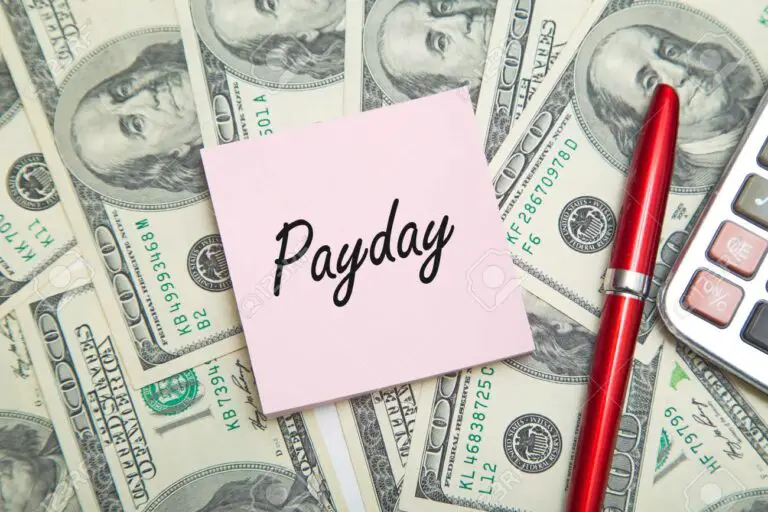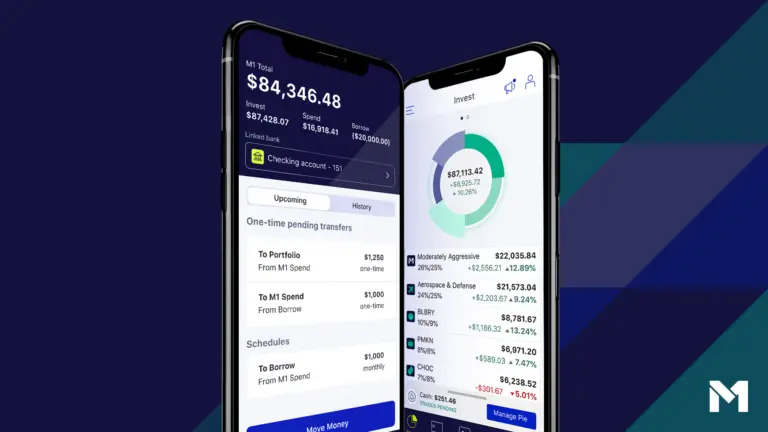Bitcoin: An Unbiased Exploration of the World’s First Cryptocurrency
Table of Contents
What is Bitcoin?:
Bitcoin, often called the pioneer of cryptocurrencies, is a decentralized digital currency that operates independently of traditional financial institutions like central banks or governments.
Launched in 2009 by an anonymous entity known as Satoshi Nakamoto, it was distributed freely to the public, marking the beginning of a new era in finance. In this comprehensive exploration of Bitcoin, we will delve into its origins, how it works, its advantages and disadvantages, and its potential impact on the future of money.
How Bitcoin Got Started:
Bitcoin began with a white paper published in the late 2000s under Satoshi Nakamoto’s pseudonym. This white paper proposed a novel electronic monetary system built on a foundation of cryptographic principles.
Unlike traditional currencies, Bitcoin relies on a global network of computers to validate and record transactions, ensuring transparency and security. Satoshi Nakamoto initiated the process by mining the first Bitcoins in January 2009, often called the “genesis block.”
Over the subsequent years, a dedicated community of enthusiasts and developers worked collaboratively to improve and expand the Bitcoin network. One of Bitcoin’s earliest and most memorable transactions occurred in 2010 when a programmer named Laszlo Hanyecz used 10,000 Bitcoins to purchase two pizzas.
At the time, Bitcoin’s value was minuscule, and this transaction is now humorously regarded as one of the most expensive pizzas ever bought. Little did anyone know that Bitcoin’s value would undergo dramatic fluctuations in the years to come.
The Advantages of Bitcoin:
Decentralization:
Bitcoin’s most distinctive feature is its decentralized nature. It operates on a peer-to-peer network of computers, meaning any organization or government does not control it. Unlike traditional currencies controlled by central authorities, this decentralization makes Bitcoin resistant to censorship and government interference.
Low Transaction Fees:
Bitcoin transactions are notably cheaper than traditional financial processes that involve intermediaries like banks. The absence of intermediaries in Bitcoin transactions reduces fees significantly, making it an attractive option for cross-border payments.
Speed and Global Reach:
Bitcoin allows for near-instantaneous global transactions. It doesn’t matter where you are; you can send and receive Bitcoins quickly and efficiently, breaking geographical barriers.
Limited Supply:
Bitcoin’s supply is capped at 21 million coins. This scarcity is similar to precious metals like gold and silver, which have limited supplies and value. As more people become interested in Bitcoin, its value will rise.
The Disadvantages of Bitcoin:
Volatility:
Bitcoin’s value is known for its substantial fluctuations. While some investors have profited immensely from its price surges, others have experienced significant losses. This volatility makes Bitcoin a risky investment.
Regulatory Challenges:
Governments and regulatory bodies worldwide have consistently struggled to define and regulate Bitcoin. This lack of regulatory clarity has led to controversies and legal challenges in various regions.
Limited Acceptance:
Although Bitcoin has gained traction, it has yet to achieve widespread acceptance as a currency for everyday transactions. While some businesses accept Bitcoin as payment, it’s still a niche currency.
Lack of Consumer Protection:
Traditional banking systems offer consumer protection and recourse in case of disputes or fraud. Bitcoin lacks this oversight, meaning users have a different set of protections. Once Bitcoins are lost or stolen, they may be irretrievable.
The advantages and disadvantages of Bitcoin are essential factors to consider for potential users and investors. While it offers a decentralized and secure alternative to traditional banking, it also presents inherent risks.
People must carefully weigh these factors before deciding to use or invest in Bitcoin.
Bitcoin’s Current Status:
Today, Bitcoin is widely accepted as legal tender and serves various purposes, including online purchases, investments, and charitable donations. It can be acquired and traded on numerous cryptocurrency exchanges and is even accepted by select local businesses.
Despite ongoing regulatory challenges and controversies, Bitcoin remains a significant player in the digital currency industry and continues to be a topic of intense interest and discussion.
Mining and the Bitcoin Network:
One essential process that keeps the Bitcoin network running is mining. Bitcoin miners play a crucial role in verifying and adding new transactions to the blockchain, the public ledger that records all Bitcoin transactions.
Mining involves solving complex mathematical puzzles that require substantial computational power. Miners who successfully solve these puzzles are rewarded with newly created Bitcoins, introducing them into circulation.
Hashing and Proof of Work:
Bitcoin mining relies on hashing, which converts data into a fixed-length string of unique characters that cannot be reversed. Miners use specialized software to perform massive amounts of data hashing, attempting to solve intricate mathematical problems.
These problems are designed to be exceptionally challenging, requiring miners to invest significant computational resources and energy.
The underlying consensus mechanism that governs Bitcoin mining is known as Proof of Work (PoW). PoW ensures that multiple nodes on the network verify the data added to the blockchain.
Miners must demonstrate that they have completed the required computational work to add a new block to the blockchain. This proof is in the form of the solution to the mathematical problem they have solved.
Other nodes on the network then validate this solution before adding the block to their copies of the blockchain.
Mining Rewards and Mining Pools:
Mining is incentivized through a reward system that grants newly created Bitcoins to the first miner who successfully solves a problem and adds a new block to the blockchain. Currently, the reward for mining a new block is 6.25 Bitcoins, halved approximately every four years. This gradual reduction in mining rewards makes it increasingly challenging to mine new Bitcoins over time.
Miners often join mining pools to enhance their chances of mining successfully and receiving rewards. These are groups of miners who combine their computational power to solve mathematical problems and share the resulting rewards.
By pooling resources, miners can increase their chances of successfully mining new blocks and obtaining a portion of the rewards.
The Future of Bitcoin:
Understanding how Bitcoin operates and its fundamental characteristics is essential for anyone interested in cryptocurrency. Bitcoin’s decentralization, transparency, and borderless nature have set it apart from traditional currencies.
While Bitcoin presents numerous advantages, including faster and cheaper transactions, enhanced security, and resistance to government manipulation, it also carries risks and uncertainties.
As the world becomes increasingly digitized, Bitcoin and other cryptocurrencies may continue gaining popularity as alternative currency forms. The growing adoption of Bitcoin into mainstream financial systems suggests that it may play a crucial role in shaping the future of money and finance.
Conclusion
In conclusion, Bitcoin’s journey from its inception in 2009 to its current status as a global digital currency has been marked by remarkable achievements and significant challenges.
Its decentralized nature, security features, and potential for reshaping the financial landscape make it a subject of continued fascination and exploration.
As the world of finance and technology evolves, Bitcoin will undoubtedly remain at the forefront of innovation and transformation, offering new possibilities and challenges for users and investors alike.







